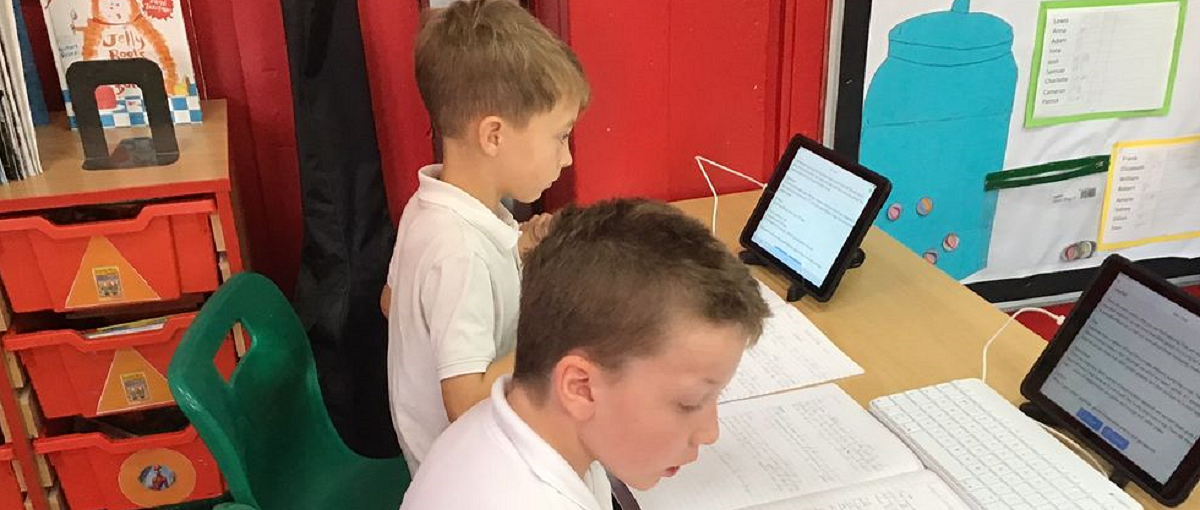Assessment & Performance Data
Why do we assess?
Our assessment provides valuable information to help children, teachers, parents and school leaders to acknowledge, analyse and review achievements and progress in learning against expected standards. Our assessments inform our immediate and long term planning. Our assessment gives:
Children – the learners – an understanding of where they are secure, what it is that they need to do to rectify any gaps in their learning and the next steps needed to extend their understanding and development.
Teachers the detailed knowledge of their children’s achievements which they can use to inform future learning, their planning and their teaching
Parents and carers regular reports on their child’s progress in meeting expectations and ensures that teachers, children and parents can work together to secure learning and raise standards for all children
School leaders and governors information that they can analyse and use to make decisions about future actions to improve standards, learning and teaching in the school
External agencies and partners (such as those schools organisations in which a pupil will receive the next stage of his/her education, or KCC, the Department for Education and Ofsted) the evidence that a school knows its children well and sets and maintains high standards in learning and teaching as part of the school’s public accountability to its children’s future.
What are schools and settings statutorily required to assess?
Teachers carry out day to day assessments and checks on children’s understanding and progress as part of their day to day teaching. Statutory, formal assessment procedures and examinations also exist to measure attainment against national standards. Our children’s achievements are compared nationally with all those children of the same age and against schools in the local authority and in England. These formal assessments include:
An end of Early Years Foundation Stage assessment (Age 5)
We monitor how well children are achieving and the extent to which they are meeting identified expectations in the Early Years Foundation Stage Profile which helps to identify those who are achieving a good level of development and those who we need to give additional help.
The Phonics Screening Test at the end of Year 1
It assess children’s phonic skills as part of early reading
End of Key Stage 1 (Age 7)
Children are assessed using both tests and teacher assessments to help us to assess whether they are making progress and are achieving the expected standard for Year 2 in reading, writing, mathematics, grammar, punctuation and spelling and Science.
End of Key Stage 2 (Age 11)
Children take statutory tests that assess whether they are making progress and are achieving the expected standard for Year 6 in reading, writing, mathematics, grammar, punctuation and spelling and Science.
Will our assessment practices change?
Our assessment practices will continue to provide information about children’s attainment and progress. They will still involve marking children’s work, providing written and oral feedback that identifies successes and next steps for improvement; children’s responses to this feedback will also be checked. We will continue to engage children in the whole assessment process by building self-assessment strategies into our teaching. We will provide regular summaries of attainment and progress through in-class tests, teacher assessment and the formal, externally set, tests.
We want children, teachers, parents and all school leaders to have confidence in our assessments, and use this information to help everyone be involved in raising standards for all our children. Rigorous assessment can sometimes be a draw upon time, but we want the assessments we make to be accurate and informative. Good assessment requires attention to detail and analytical skill. It involves teachers in asking questions and interpreting answers; observing behaviours and responses to tasks; knowing if and when to intervene; and drawing on a wide range of evidence to build up a picture of a learner’s strengths and weaknesses.
Performance Data
To look at our published school data please click the link below and you will be taken to the Ofsted Dashboard where you can look at our school performance and compare this with other schools. You can also find our Key Stage 2 outcomes data by clicking on the link below.






